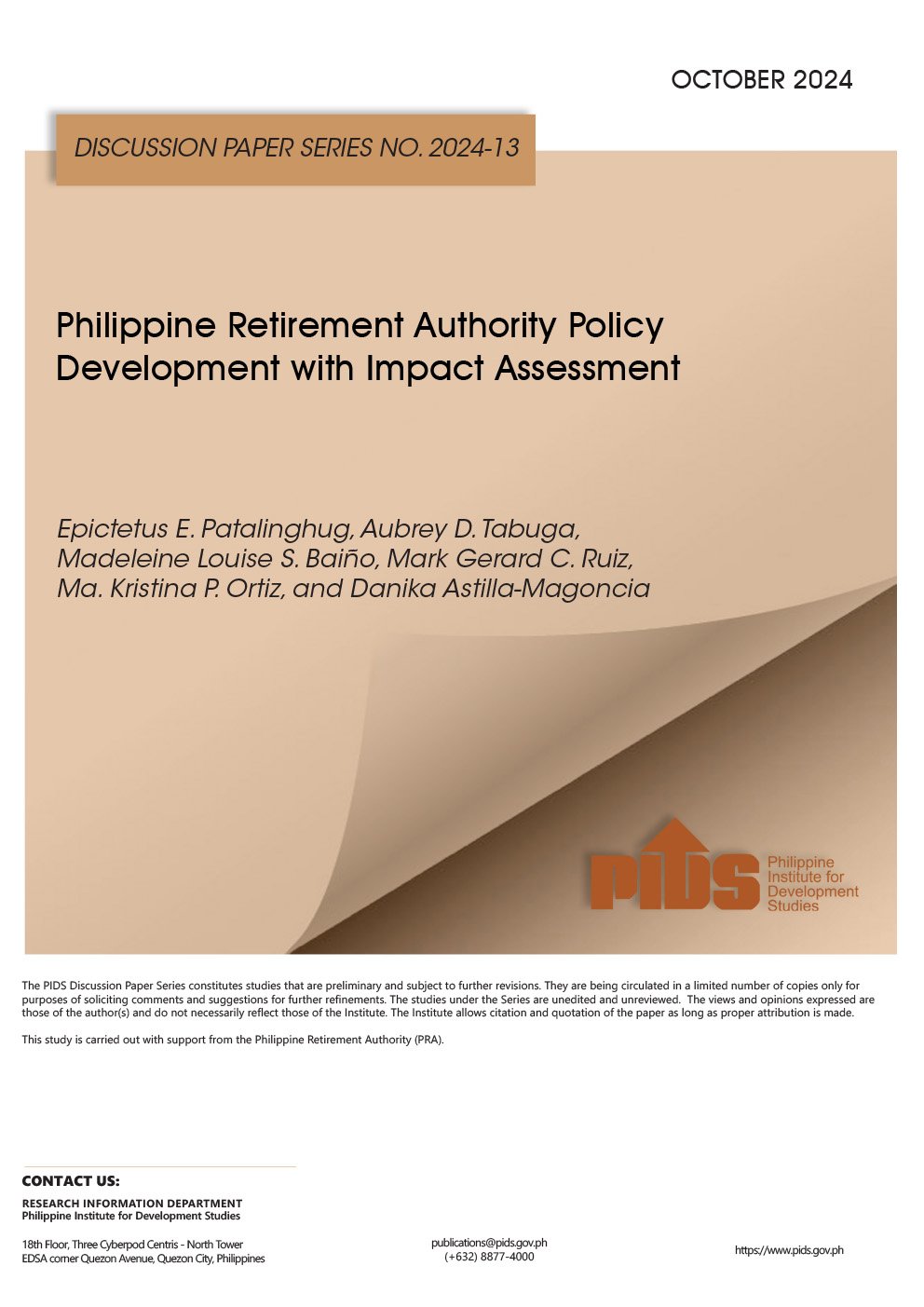CMFR MONITORED reports on President Rodrigo Duterte and his allies' drive for Charter change from the three major Manila broadsheets (the Manila Bulletin, the Philippine Daily Inquirer and The Philippine Star); four primetime newscasts (ABS-CBN 2's TV Patrol, CNN Philippines' News Night, GMA-7's 24 Oras and TV5's Frontline Pilipinas); as well as selected news websites from January 27 to February 4, 2021.
Now in his last year in office, President Duterte seems determined to push for Charter change with the intention of opening the economy to foreign investments and preventing certain organizations from getting into the House of Representatives through the party list system. Because of Duterte's and his allies' haphazard approach to this critical issue, whatever Constitutional amendments they introduce could be disastrous for the country.
Rep. Alfredo Garbin Jr. (AKO BICOL Party List), chair of the house committee on constitutional amendments said on February 2 that the committee members had convened themselves into a constituent assembly, a claim that's at least ill-informed. It is the entire Congress that can so constitute itself into such a body, which is one of the three ways the Constitution provides for amendments.
CMFR cheers the media for looking into these and other attempts to rush amendments to the Constitution. Instead of focusing on the usual political allies of the president, their reports promptly questioned both the intentions of the proponents and their attempts to short circuit the process. The reports last January had already set the record straight on the procedural requirements for Constitutional amendments.
Even before the Senate discussed the issue, media outfits including Onenews.ph pointed out the Charter's provision that for Congress acting as a constituent assembly to amend the Constitution, a "vote of three-fourths of all its Members" (Section 1, Article 17) is required.
Reporting on the hearing of the Senate's constitutional amendments committee on January 27, media reported the same clarification from Adolf Azcuna, a former Supreme Court justice, and from Christian Monsod, one of the drafters of the 1987 Constitution.
Reports from the online news sites Rappler, Inquirer.net and Philstar.com also discussed in detail the three modes of changing the Constitution: through a constituent assembly, a constitutional convention (Con-Con) and a people's initiative.
Encouraging Investments
Other reports focused on the economic issues, citing sources who questioned the need for Charter change to encourage foreign investments.
Reports on the Senate committee hearing last January 27 cited Sen. Franklin Drilon, who said that it is possible to liberalize the economy without amending the Constitution. He mentioned three pending bills in the Senate which could improve the flow of foreign investments into the country. Media also cited Rosario Manasan, a senior research fellow at UP's Philippine Institute for Development Studies (PIDS), who argued that easing restrictions on foreign direct investments (FDI) was not urgent and could be politicized. She noted that there are other ways to uplift the economy amid the pandemic. In her position paper, Florangel Rosario-Braid, also a drafter of the 1987 Constitution, quoted economist Raul Fabella who said that "Constitutional change will not create a tsunami of foreign investments."
A Rappler report on January 12 cited several sources who discussed economic and political issues. Tony La Vina, constitutional law professor, said that it is not logical to open up the economy to foreign investors when global trade is still unstable due to the pandemic. Herman Kraft, chair of the political science department of the University of the Philippines-Diliman, pointed out that circumstances outside Congress indicate Charter change will not just be about economic provisions, but may touch on fundamental political issues, recalling that the president wants changes in the party-list system.
A Trojan Horse
Most important, the media cast doubt on the process' being limited in scope. Citing several experts in the same Senate hearing, they noted the possibility that the process could be a "Trojan horse" that could lead to such revisions as lifting term limits for elective posts.
Monsod and Braid also flagged legislators' plan to use the phrase "unless otherwise provided by law" in formulating amendments as this could be a loophole to create laws that would allow even bigger changes than those discussed. Monsod called the phrase ''devious and dangerous." Retired Supreme Court Justice Vicente Mendoza also warned the senators of the hazard of a runaway effort that could include term extensions and other self-serving ploys.
The media have to scrutinize everything the president and his allies are planning to do with the Charter at this point because of the long-term harm their ill-conceived proposed amendments could inflict on the country. The press was in this instance at least being true to its watchdog function.












